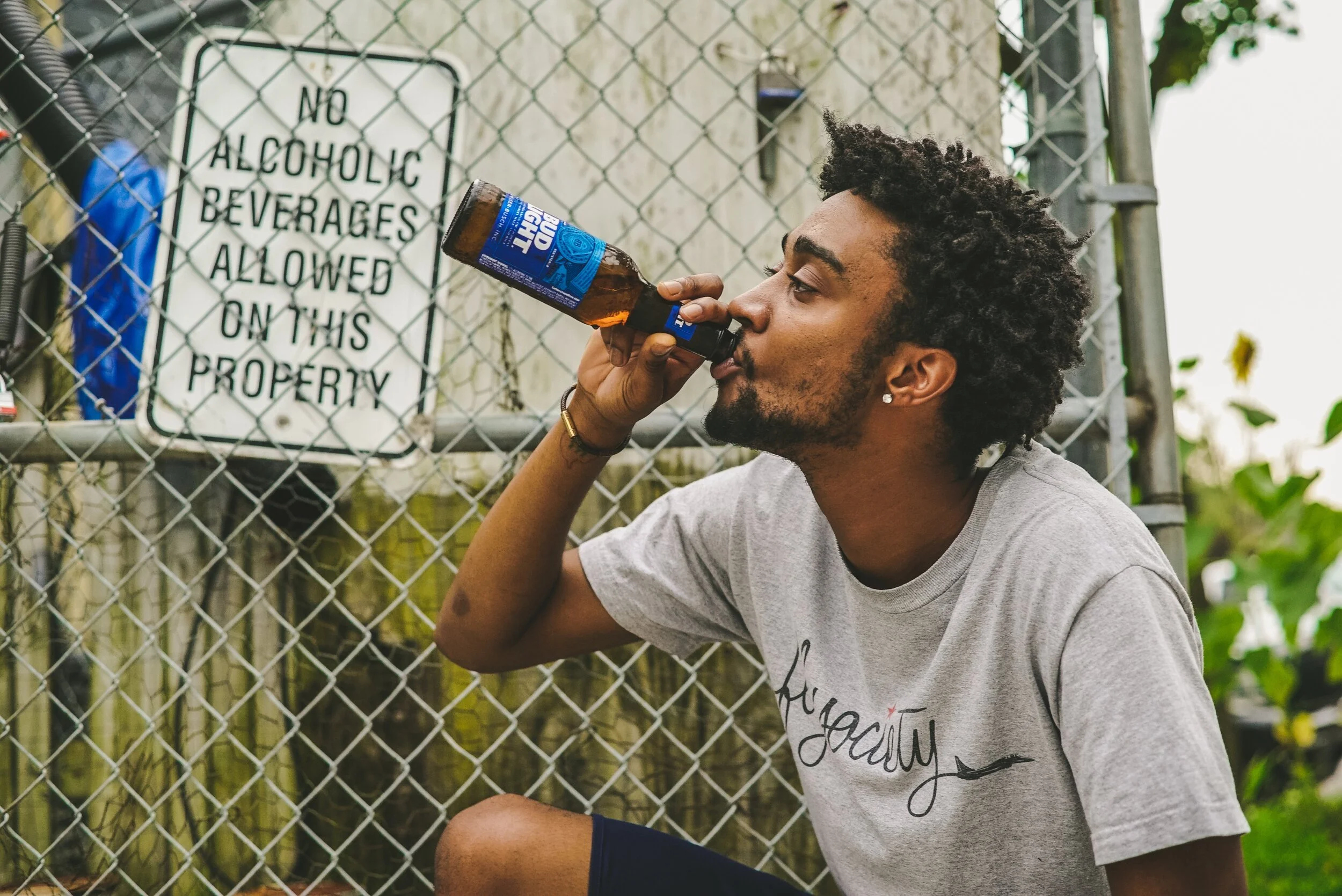Louisiana Revised Statutes 14:79 makes it a crime to violate a protective order. The statute prohibits the following conduct:
A. (1)(a) Violation of protective orders is the willful disobedience of a preliminary or permanent injunction or protective order issued pursuant to R.S. 9:361 et seq., R.S. 9:372, R.S. 46:2131 et seq., R.S. 46:2151, R.S. 46:2171 et seq., R.S. 46:2181 et seq., Children's Code Article 1564 et seq., Code of Civil Procedure Articles 3604 and 3607.1, or Code of Criminal Procedure Articles 320 and 871.1 after a contradictory court hearing, or the willful disobedience of a temporary restraining order or any ex parte protective order issued pursuant to R.S. 9:361 et seq., R.S. 9:372, R.S. 46:2131 et seq., R.S. 46:2151, R.S. 46:2171 et seq., criminal stay-away orders as provided for in Code of Criminal Procedure Article 320, Children's Code Article 1564 et seq., or Code of Civil Procedure Articles 3604 and 3607.1, if the defendant has been given notice of the temporary restraining order or ex parte protective order by service of process as required by law.
(b) A defendant may also be deemed to have been properly served if tendered a certified copy of a temporary restraining order or ex parte protective order, or if tendered a faxed or electronic copy of a temporary restraining order or ex parte protective order received directly from the issuing magistrate, commissioner, hearing officer, judge or court, by any law enforcement officer who has been called to any scene where the named defendant is present. Such service of a previously issued temporary restraining order or ex parte protective order if noted in the police report shall be deemed sufficient evidence of service of process and admissible in any civil or criminal proceedings. A law enforcement officer making service under this Subsection shall transmit proof of service to the judicial administrator's office, LouisianaSupreme Court, for entry into the Louisiana Protective Order Registry, as provided in R.S. 46:2136.2(A), by facsimile transmission or direct electronic input as expeditiously as possible, but no later than the end of the next business day after making service, exclusive of weekends and holidays. This proof shall include, at a minimum, the case caption, docket number, type of order, serving agency and officer, and the date and time service was made.
(2) Violation of protective orders shall also include the willful disobedience of an order of protection issued by a foreign state.
(3) Violation of protective orders shall also include the willful disobedience of the following:
(a) An order issued by any state, federal, parish, city, or municipal court judge, magistrate judge, commissioner or justice of the peace that a criminal defendant stay away from a specific person or persons as a condition of that defendant's release on bond.
(b) An order issued by any state, federal, parish, city, or municipal court judge, magistrate judge, commissioner or justice of the peace that a defendant convicted of a violation of any state, federal, parish, municipal, or city criminal offense stay away from any specific person as a condition of that defendant's release on probation.
(c) A condition of a parole release which requires that the parolee stay away from any specific person.
(d) An order issued pursuant to R.S. 46:1846.
(4) Violation of protective orders shall also include the possession of a firearm or carrying a concealed weapon in violation of R.S. 46:2136.3, the purchase or attempted purchase of a firearm, and the carrying of a concealed weapon in violation of R.S. 14:95.1, 95.1.3, or 95.10.
The short version of all of that is: if a protective order has been issued ordering you not to contact, harass, etc…another person, any violations of that protective order can result in you facing civil contempt charges in the protective order proceeding as well as a new criminal proceeding.
A first offense violation of a protective order charge which did not involve the use of violence carries a penalty range of a fine of up to $500 and imprisonment up to 6 months. A second offense which does not involve violence carries a penalty range of up to $1,000 and imprisonment for not less than 14 days nor more than 2 years.
If the violation does involve violence, the penalty range for a first offense is a fine of not more than $1,000 and imprisonment for not less than 3 months nor more than 2 years. A second offense carries a penalty range of a fine of not more than $2,000 and imprisonment for not less than one year nor more than 5 years.
If you or someone you know is facing charges for violating a protective order, give us a call at (318) 459-9111 to set up a consultation.

























